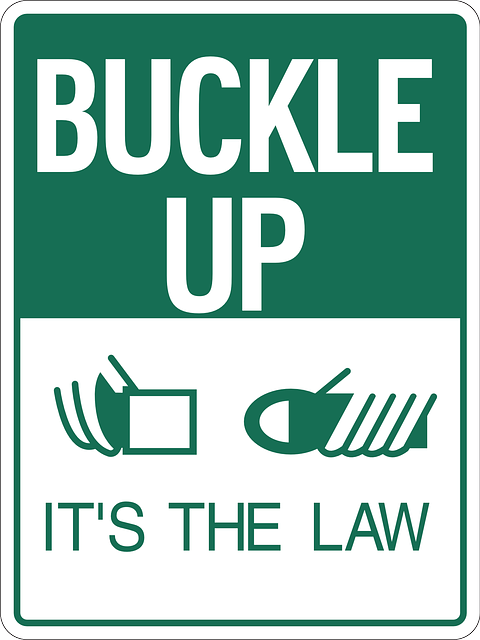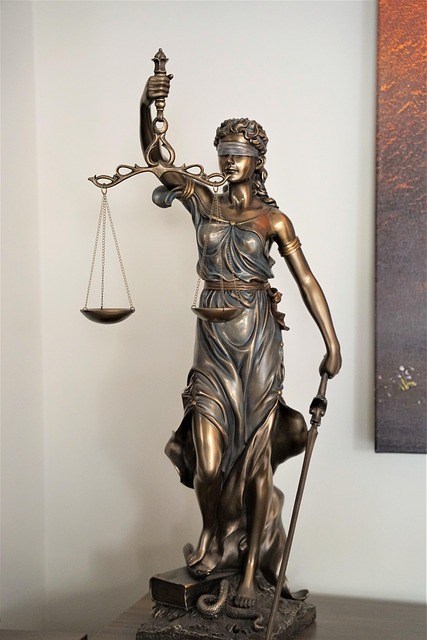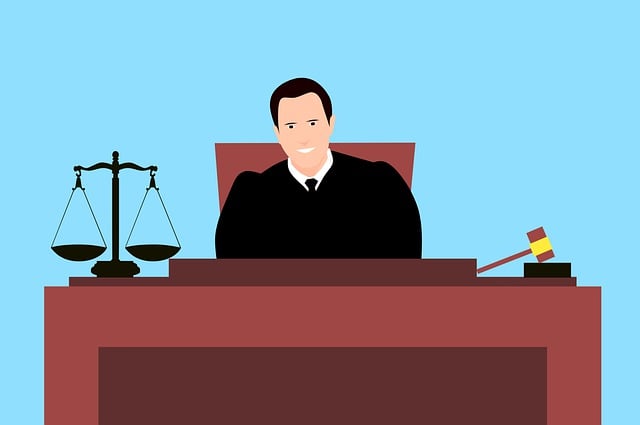The RF Securities Industry Regulation aims to maintain fairness and transparency in financial markets, with the Role of Defense Counsel in Criminal Procedure becoming increasingly critical. Legal professionals navigate complex regulations, offering tailored defenses for securities fraud, insider trading, and other financial offenses. They ensure fair trials, address evolving financial crimes, and foster public trust. These attorneys provide strategic guidance throughout investigations, from evidence gathering to trial representation, protecting individuals and entities from wrongful accusations. In today's complex legal landscape, effective collaboration between defense counsel and regulatory bodies is crucial for navigating regulations with integrity and compliance, ultimately upholding market integrity.
The RF Securities Industry Regulation is a critical aspect of maintaining integrity within financial markets. This comprehensive overview explores the intricate legal framework that governs these markets, with a particular focus on the evolving regulatory landscape. We delve into the essential role of defense counsel in preventing and addressing fraud, emphasizing their strategic contribution to criminal procedure for securities offenses. Furthermore, best practices are discussed for fostering effective collaboration between legal counsel and regulatory bodies, highlighting the synergistic relationship crucial for robust market protection. Understanding these dynamics is vital for professionals navigating this complex domain.
- Understanding RF Securities Industry Regulation: A Comprehensive Overview
- The Legal Framework Governing Financial Markets
- Defense Counsel's Role in Preventing and Addressing Fraud
- Criminal Procedure for Securities Offenses: A Step-by-Step Guide
- Best Practices for Effective Collaboration Between Counsel and Regulatory Bodies
Understanding RF Securities Industry Regulation: A Comprehensive Overview

The RF Securities Industry Regulation is a complex web of laws and guidelines designed to maintain fairness, transparency, and integrity in financial markets. It encompasses various aspects, from corporate governance to anti-money laundering protocols, with the primary goal of protecting investors and ensuring market stability. Understanding this regulation requires delving into the intricate interplay between federal and state laws, as well as international standards that shape the industry’s landscape across the country.
The Role of Defense Counsel in Criminal Procedure is pivotal within this context, especially in high-stakes cases involving white collar and economic crimes. Legal experts, particularly defense counsel, play a crucial role in navigating these complex regulations, providing strategic guidance to clients facing criminal charges related to securities fraud, insider trading, or other financial transgressions. Their expertise helps unravel intricate legal matters, ensuring fair trials and offering robust defenses tailored to the evolving nature of financial crimes across different jurisdictions.
The Legal Framework Governing Financial Markets

The legal framework governing financial markets is a complex web of regulations designed to ensure fairness, transparency, and stability. At the heart of this framework lies a robust system of laws and institutions that oversee trading activities, protect investors, and maintain market integrity. These regulations are crucial in ensuring that the respective business operations comply with ethical standards and are subject to oversight. Across the country, regulatory bodies such as the Securities and Exchange Commission (SEC) play a pivotal role in enforcing these rules, monitoring market activities, and investigating potential violations.
The Role of Defense Counsel in Criminal Procedure is also significant in this context, as financial crimes often require specialized legal expertise. In cases involving securities fraud, money laundering, or other financial misconduct, defense counsel specializing in criminal law can provide crucial support to individuals and institutions facing charges. These attorneys navigate the complex legal landscape, ensuring that rights are protected and due process is followed. Furthermore, their involvement helps maintain a balance between holding wrongdoers accountable and providing a fair defense, which is essential for maintaining public trust in the financial markets and the broader philanthropic and political communities.
Defense Counsel's Role in Preventing and Addressing Fraud

In the complex landscape of securities industry regulation, Defense Counsel play a pivotal role in safeguarding against fraud. Their expertise is instrumental throughout all stages of the investigative and enforcement process. By employing strategic legal defenses, they can prevent wrongful accusations and protect individuals and entities from severe penalties. In cases involving white collar crime, where fraud often occurs within the philanthropic and political communities, the counsel’s ability to navigate intricate laws is invaluable.
These legal professionals guide clients through the criminal procedure, offering crucial insights into potential pitfalls and opportunities for dispute resolution. Their proactive approach helps identify and mitigate risks early on, ensuring a robust defense strategy. Furthermore, Defense Counsel’s involvement can also aid in uncovering evidence that may expose underlying schemes, thereby strengthening the overall regulatory framework.
Criminal Procedure for Securities Offenses: A Step-by-Step Guide

In cases involving securities offenses, understanding the criminal procedure is paramount for both prosecutors and defendants. The role of defense counsel is crucial in navigating this complex landscape. It begins with an investigation by regulatory bodies or law enforcement, which may lead to a grand jury indictment if sufficient evidence is found. During this phase, defense counsel plays a vital role in ensuring procedural fairness, challenging the admissibility of evidence, and protecting their client’s rights.
A step-by-step guide would include: initial consultation and strategy formulation, gathering and reviewing evidence, filing pre-trial motions to suppress or challenge charges, representing the defendant at hearings, negotiating plea deals if acceptable to the client, and finally, advocating for a fair trial if the case proceeds. For those accused of white-collar crimes, having an attorney with an unprecedented track record in corporate and individual client defense can significantly impact the outcome.
Best Practices for Effective Collaboration Between Counsel and Regulatory Bodies

In today’s complex legal landscape, effective collaboration between counsel and regulatory bodies is paramount for the securities industry. Defense counsel plays a pivotal role in criminal procedures, ensuring that companies navigate regulatory hurdles with integrity and compliance. The best practices for this partnership focus on open communication channels, proactive information sharing, and mutual respect for each other’s roles and expertise. Counsel can facilitate this by providing regular updates to regulators, offering transparent discussions about potential issues, and proactively seeking guidance early in the process. This collaborative approach not only helps avoid indictments but also fosters an environment where companies can achieve extraordinary results while upholding the highest legal standards.
By integrating these strategies, defense counsel can contribute significantly to a company’s defense against regulatory charges. An unprecedented track record of successful collaborations emerges from this synergy, demonstrating that proactive engagement and clear communication are key to mitigating risks and ensuring compliance. This partnership ensures that companies remain competitive and thrive within the evolving regulatory framework while maintaining their integrity.
The regulation of the RF securities industry is a multifaceted landscape, demanding a deep understanding of both legal frameworks and collaborative practices. From navigating the intricate rules governing financial markets to the crucial role of defense counsel in fraud prevention and criminal procedure, each component plays a vital part in maintaining integrity. By adhering to best practices that foster effective collaboration between counsel and regulatory bodies, we can ensure a robust and fair securities environment, safeguarding investors while fostering growth. In particular, recognizing the enhanced power of defense counsel in the criminal procedure for securities offenses is essential, as their expertise contributes significantly to just outcomes and helps revolutionize industry transparency.






